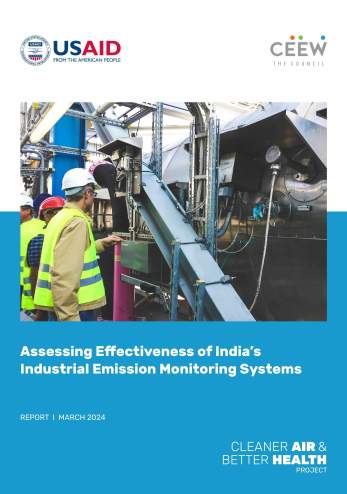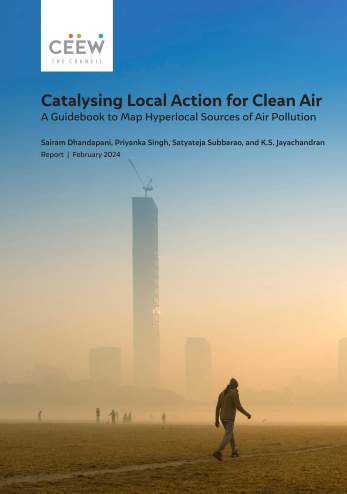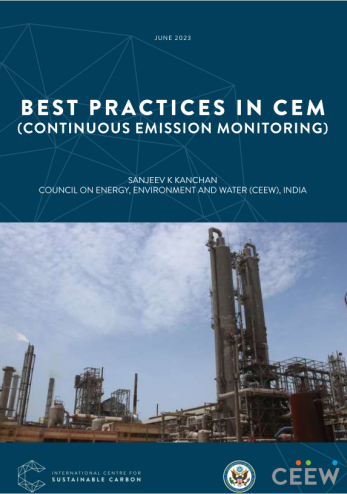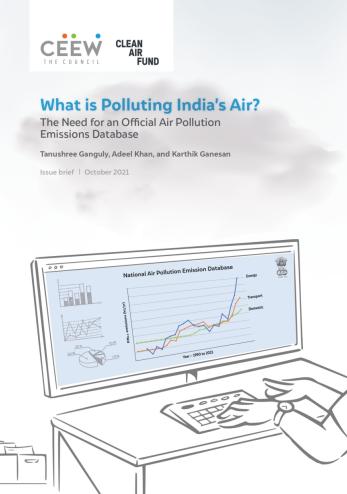Paper
A Roadmap for Access to Clean Cooking Energy in India
Sasmita Patnaik, Abhishek Jain
September 2018 | Clean Air, Energy Transitions
Suggested Citation: Patnaik, Sasmita, Saurabh Tripathi, and Abhishek Jain. 2018. "A Roadmap for Access to Clean Cooking Energy in India." Asian Journal of Public Affairs 11(1): e4; Singapore Management University School of Business Research Paper No. 18-17.
Overview
Over the past three years, the Pradhan Mantri Ujjwala Yojana (PMUY) has provided Liquefied Petroleum Gas (LPG) connections to over 54 million households. However, the real challenge to sustain the use of clean cooking energy and transition households away from the use of traditional fuels such as biomass, firewood, agricultural residues remains.
This essay, published in the Asian Journal of Public Affairs, outlines sectoral and fuel-specific strategies that India’s clean cooking energy access roadmap should adopt. These strategies integrate technology and business model development, and focus on improvement of access to credit for both households and enterprises.
To achieve an effective transition to clean cooking energy access, it is imperative to develop a roadmap that adopts a multi-fuel, multi-stakeholder approach, and is guided by principles of equity and inclusivity. A single ministry focused on energy in India could pursue strategies integrating various cooking energy solutions based on a common understanding of consumer needs, and economic and geographic feasibility.
Sectoral strategies
These include interventions focused on:
- Improving awareness of households on the adverse health impacts of cooking using traditional fuels
- Assessing the socio-economic and gender aspects of energy access
- Improving availability of data on the use of cooking energy
- Monitoring and streamlining of subsidies to focus on subsidies for cooking energy rather than those for a particular fuel
Technology-specific strategies
These focus on three key aspects:
Product or technology development to provide safe and clean solutions that meet consumer needs
This includes investments in energy labelling for LPG stoves to improve efficiency and affordability for end-users, investments in research to reduce the cost of biogas bottling and packaging, investments in R&D to develop and test cookstoves to improve their design, efficiency and adequacy, etc.
Business model development to ensure regular availability of the fuel
This includes piloting enterprise-based models for biogas to ensure better management of the plants, piloting alternative distribution channels for LPG such as self-help groups (SHGs) to improve local availability, promoting pay-as-you-go technology to improve affordability of payments, etc.
Strengthening of the financial ecosystem to enable affordable access for sustained use
This includes providing low-interest loans for enterprises operating in remote areas with low-income groups, sensitising bank professionals about technologies to improve lending to enterprises in order to ease their working capital needs, etc.
To achieve an effective transition to clean cooking energy access, it is imperative to develop a roadmap that adopts a multi-fuel, multi-stakeholder approach, and is guided by principles of equity and inclusivity.







